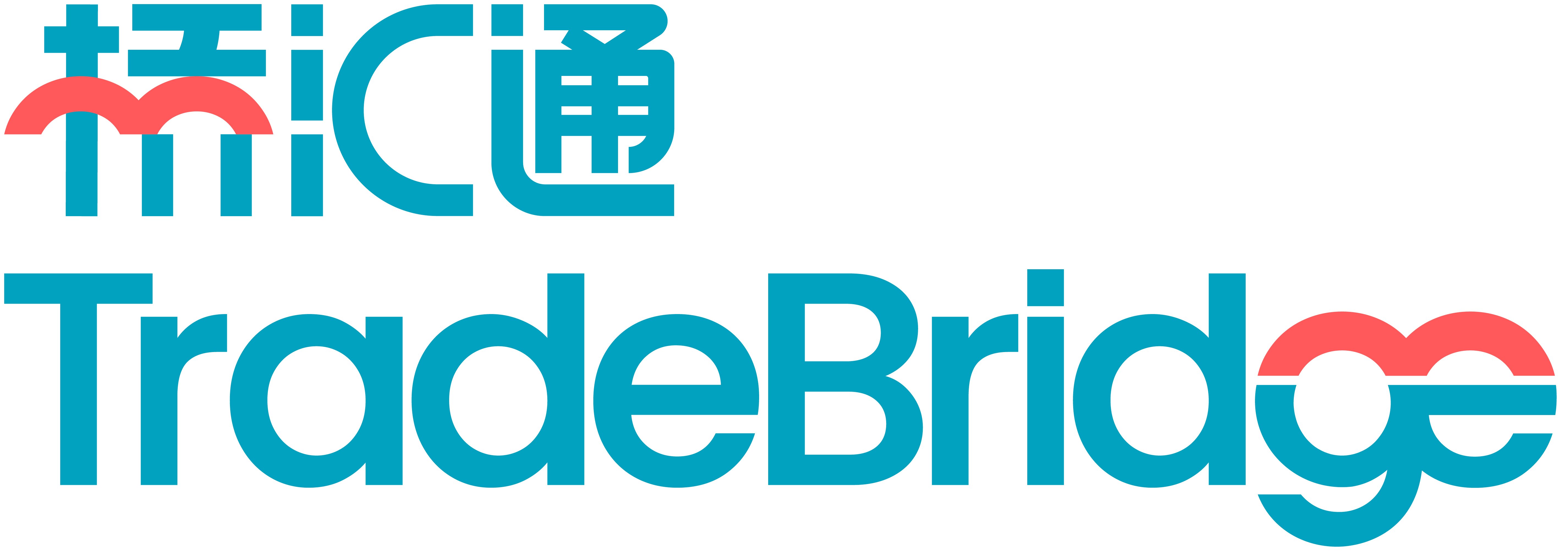

Choke Points: The Domino Effect of late payment in the supply chain
Growth consumes more cash than it generates and needs to be funded with a supply of cash. Or put another way; no cash, no growth!
What are the options for supplying the cash needed to fuel growth?

In a growth scenario, it is probably safe to assume that a business will not want to restrict its operating expenses; or those directly related to sales. What it can do more easily is to extend its payables, its creditor days. This supplies cash to the business and proves the economists were wrong; there is such a thing as a free lunchOn this occasion however, I am with the economists!
There are repercussions when you extend your payables and a real cost to the supply chain beyond the simple impact of late payment, even if it is an indirect one.
One company’s accounts payable is another company’s accounts receivable
Firstly, let’s consider what happens to the supplier, your creditors. Think of it this way; one company’s accounts payable is another company’s accounts receivable. This is not a zero sum game. So what happens to your supplier when cash collections slow? What are their options, to cover their cash shortfall in the instance of late payment? Unless your supplier happens to be a blue-chip company with low cost finance lines, I think the practical alternatives are quite limited:
-
Raise the overdraft and take on additional short term debt, providing the bank will agree!
-
Use their accounts receivable as collateral to supply cash, by factoring or invoice discounting. Doable, but invasive, loses sovereignty, has high compliance costs and can be expensive
-
Slowing down; on face value a good option, however in a competitive world, it can open the door to the sharks, or
-
Do exactly as you have done and extend their payables,
Scientists call this a positive feedback loop, it creates a multiplier effect like a chain reaction as each party in the chain slows down their payments.
The domino effect and the impact of late payment
This domino effect chokes growth by holding cash in accounts receivable. It constrains everyone’s growth, no one wins!
When you look at it this way, there is a cause and effect, which in turn modifies everyone’s behaviour. The players look at themselves in isolation, they don’t collaborate, they don’t see themselves as connected and interdependent. There is a better way, and that is to collaborate with each other to keep the cash circulating.
According to Stephen Kelly, CEO of Sage, in a report published at the end of 2017:
Imagine walking into a shop, taking what you want up to the counter, and then, when the time comes to pay, saying ‘thanks – but I think I’ll just take these now and pay later’, and casually walking out with your items. You obviously wouldn’t dream of it – so why is this kind of behaviour acceptable when it comes to paying small business suppliers?
Acceptable it seems to be, with a recent survey report finding that more than one in ten invoices paid to small & medium businesses globally are paid outside payment terms.
That equates to a staggering trillion US dollars each year in money that is late, or even worse, missing altogether – with some payments so late that Small & Medium Businesses are forced to write them off as bad debt.
Part of the problem is that many businesses aren’t aware of the consequences of not paying a supplier on time – but for small companies that don’t have the luxury of being able to absorb these costs, the fallout can be devastating. Cashflow is the lifeblood of business. 40% of the small & medium businesses we asked said that they saw a direct, negative impact to their business from late payments – this can range from reducing future investments, to cutting staff pay, to being unable to pay Christmas bonuses. And that’s not including the time these businesses spend each year chasing payments – as high as 20 days a year in some countries.
At a time when economies around the world are rightly obsessed with driving up productivity, we must work to help small businesses cut down hours spent on administrative tasks like this, allowing them to spend more time growing their businesses. We urgently need to change the culture around payments.
First, we must remove the stigma around chasing payment for the SMEs themselves. It shouldn’t be seen as embarrassing or rude to ask for money that you are owed. And secondly, businesses must recognise that every late payment has a material impact on a small business. It might mean one less bonus paid out. One less investment in innovative technology. One more pay cut. Small & Medium Businesses are the heroes of our economy – creating jobs and prosperity and knitting our communities together. So let’s treat them with the respect that they deserve – prompt payment.
Freedom to grow
If your business is dependent on a large number of smaller subcontractors or suppliers, then it’s vital to look both up and down the supply chain in order to strengthen the supply chain, take off the choke before it takes hold, and to give you the freedom to grow. To find out more about some of the techniques other successful businesses use to stop the domino effect of late payment before it happens, read our recent article “The Crocodile and the Plover”.


